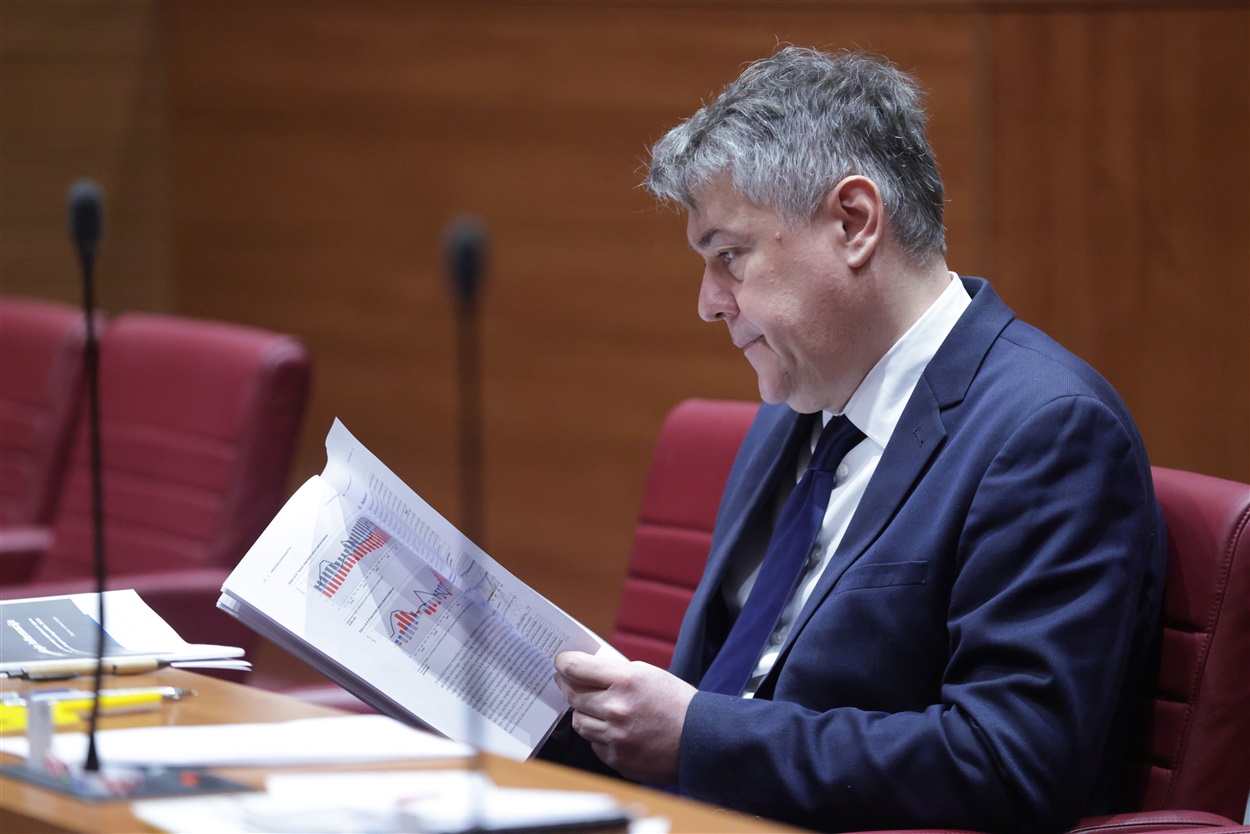
Zagreb - Banks will no longer be allowed to charge fees for basic services if the account holder receives a salary, pension, or other regular income into that account, according to proposed amendments that were unanimously welcomed by members of parliament on Wednesday.
The draft amendments to the Act on the Comparability of Fees Related to Payment Accounts aim to ensure that consumers can access their regular income without incurring additional costs, explained Davor Zoričić, State Secretary at the Ministry of Finance.
The package of free services, for which banks will not be permitted to charge fees, includes opening, maintaining, and closing an account, use of internet or mobile banking, depositing and withdrawing cash at counters or ATMs, receiving payments in euros from within Croatia and abroad, issuing and using a debit card, and making card payments in shops, he stated.
Zoričić emphasised that special attention is being given to pensioners and vulnerable groups, who will be able to withdraw cash free of charge both at bank counters and ATMs as part of the free services package. Additionally, consumers belonging to a vulnerable group will not be charged fees for up to ten national and/or cross-border payment transactions per month in Croatia’s official currency.
SDP MP: Nearly Every citizen has two bank accounts
"The entire system of credit institutions, including smaller banks, is expected to remain sustainable, continue operating stably, and maintain the current number of institutions," said the State Secretary.
Boris Lalovac (SDP) pointed out that although Croatian citizens already have the option to open a basic bank account without fees, many do not take advantage of it due to lack of awareness.
He also shared figures showing that there are 7.2 million transaction accounts in Croatia, of which 4.5 million are without an authorised overdraft, 1.6 million with an authorised overdraft, and 982,000 accounts currently frozen. "Almost every citizen in Croatia has two bank accounts," he said.
Petar Šimić (HDZ) agreed with Lalovac, noting that the number of transaction accounts in Croatia is indeed high, and that further public education is needed to encourage people to close unnecessary accounts for which they are paying fees.